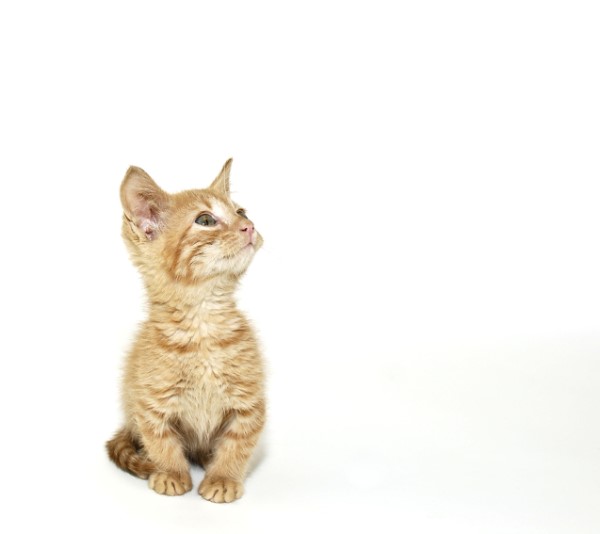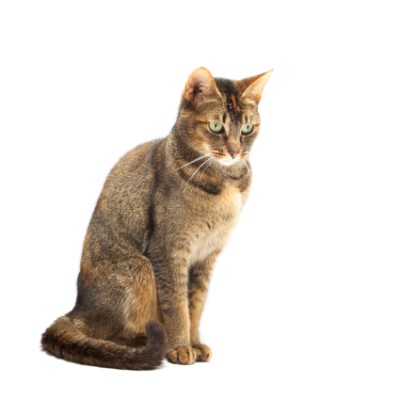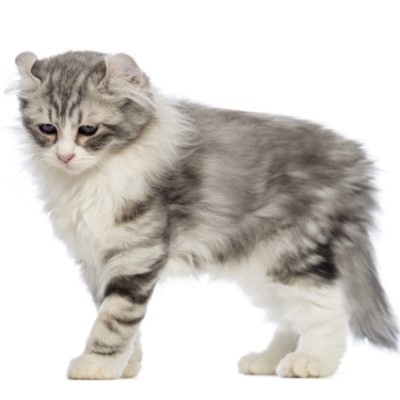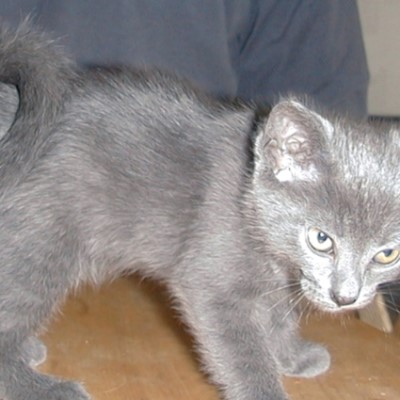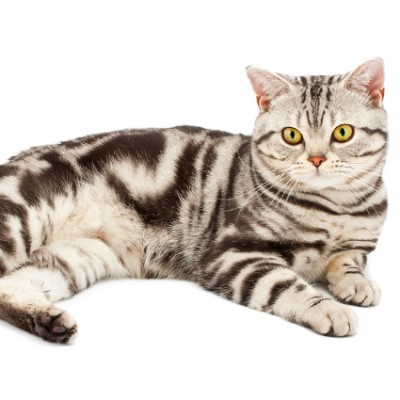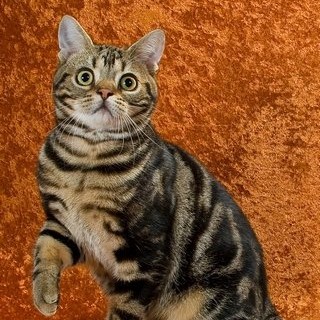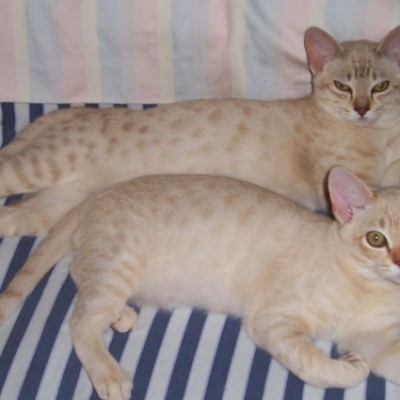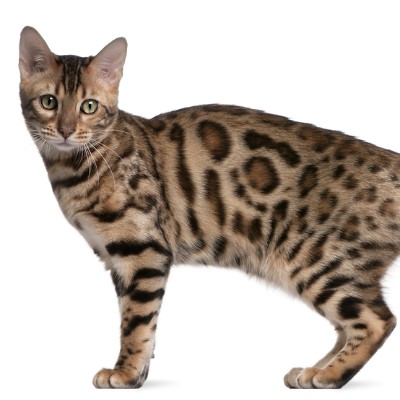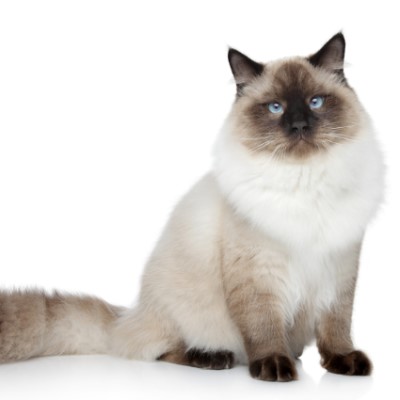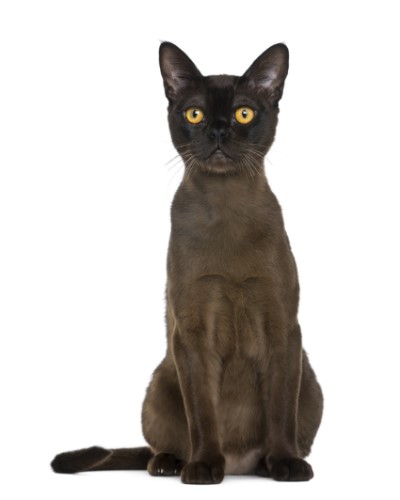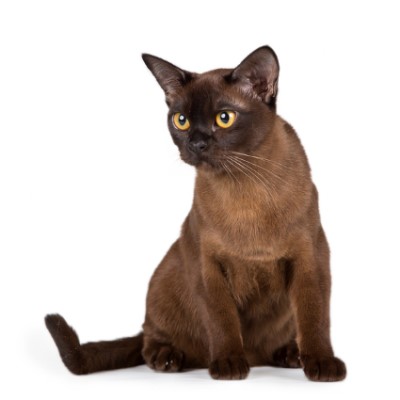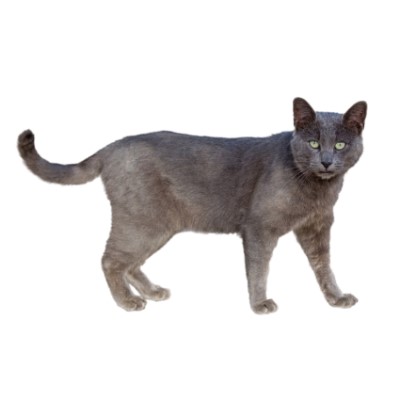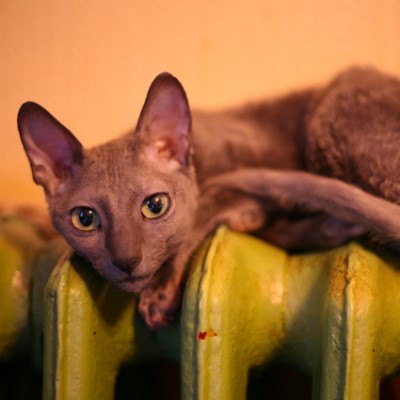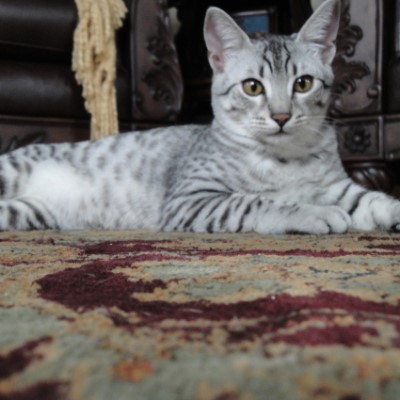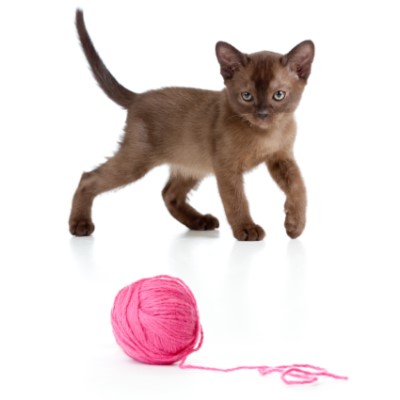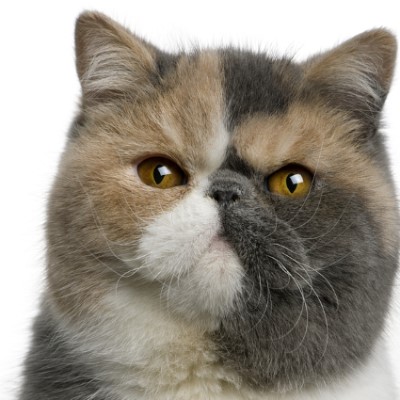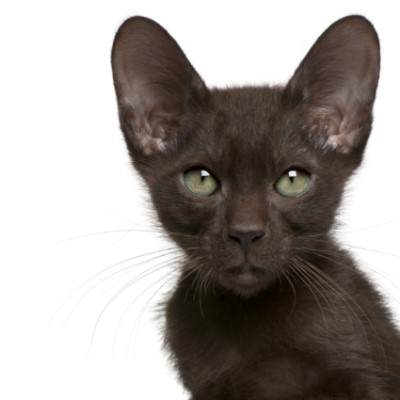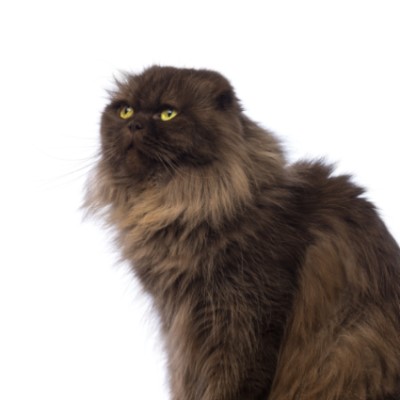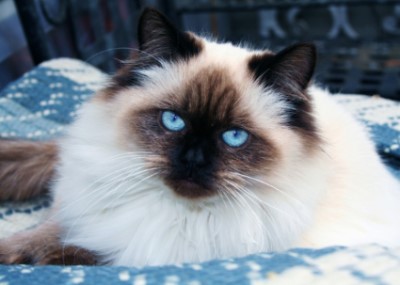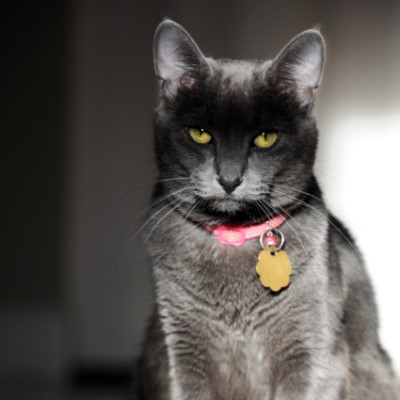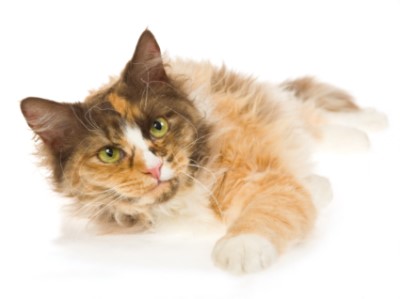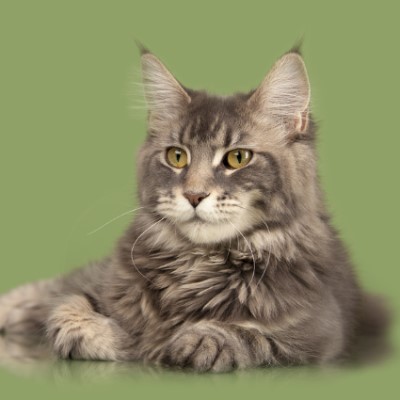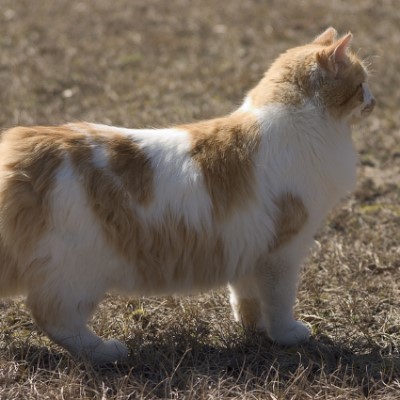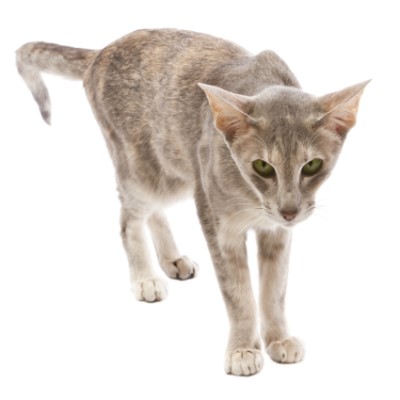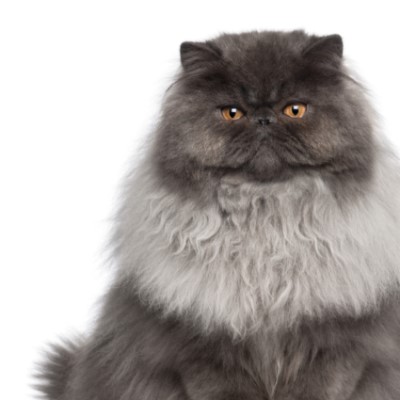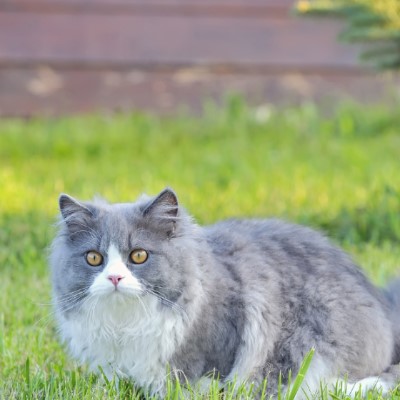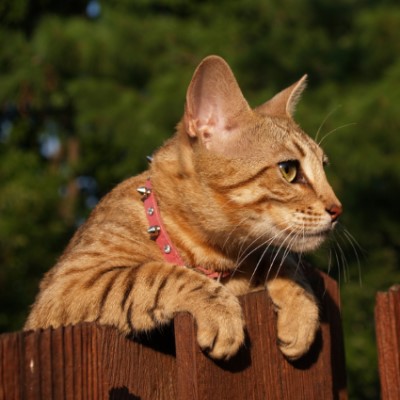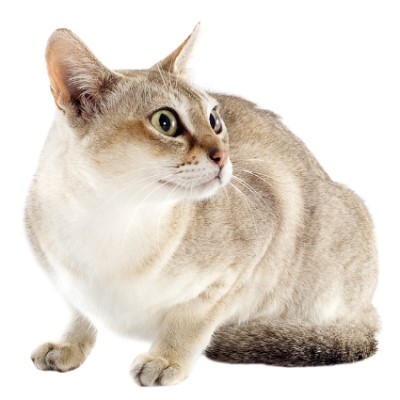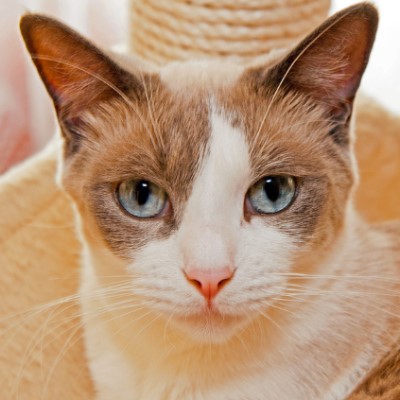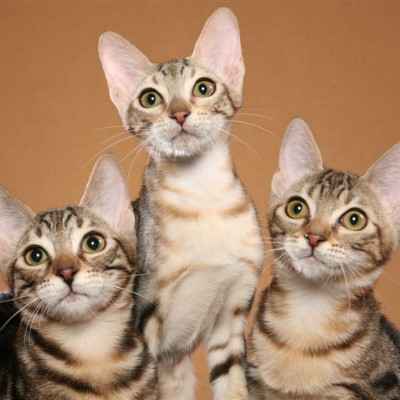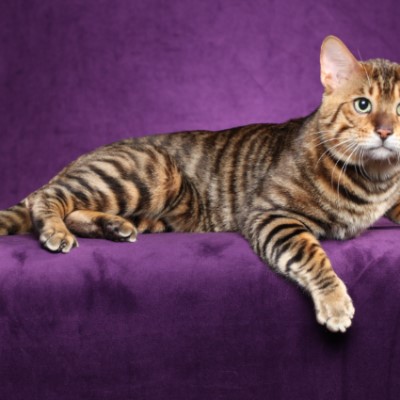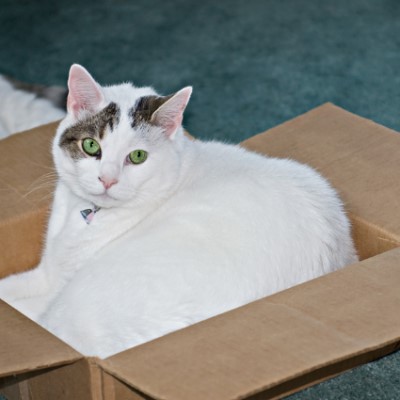Common Reasons for Surrender
Munchkin cats, like all breeds, need plenty of attention and exercise. Those who do not get it may display behavioral problems, which results in their being surrendered to a shelter or a rescue. Some people simply do not want to deal with any kind of problems with their cat. In other instances, a family moves and cannot or does not want to take their Munchkin with them.
Pros
Munchkins love to play regardless of their age. Most are people-oriented, craving attention and affection from their families. A social and playful breed, the Munchkin will get his energy out during playtime then want to snuggle close to his humans.
Cons
Munchkins are much like dogs in that they demand attention and are much more dependent on their humans than other breeds. Your Munchkin will likely follow you around the house, which could be a downside if you prefer a more independent cat. If you don’t have enough time to devote to your Munchkin, either opt not to adopt or adopt a friend to keep your cat company and entertained when you are busy.
Diet
An all-natural dry cat food of the highest quality is ideal for your Munchkin. You should generally purchase the highest quality dry cat food you can afford. Some people prefer to feed a raw diet, which is another healthy option for cats. Canned cat food is an ideal treat as is a small piece of boiled chicken or a commercially made treat such as Pounce or Temptations.
Exercise
Playtime is essential to ensuring your Munchkin’s good health and happiness. If you have two cats, they will typically tire each other out playing. However, with a single cat, and even with multiple cats, make time for play each day. In addition to keeping your cat lean, playtime offers the chance to further deepen your bond with your Munchkin.
Possible Health Issues
Overall a healthy breed, Munchkins are prone to Lordosis. A Munchkin with Lordosis has a large dip in his shoulders which results in his chest being tight, which can cause health problems as the cat ages.
Litter
Consider trying an organic litter, which is healthier. Litter should be scoopable and digestible. A litter that isn’t digestible can cause serious health problems if accidentally ingested while your Munchkin is cleaning his paws. Be sure to scoop out the dirty litter daily and change the box completely at least once a week.
Grooming
Brush your Munchkin daily to keep shedding minimal.
Training
Because they are intelligent, Munchkins learn quickly. Cats can often learn basic commands such as sit, stay, and come. Some even learn how to roll over and play dead on command. You might want to teach your Munchkin to stay off of things he’s not allowed on, such as low counters and tables.
Entertainment
Munchkins love to hunt, making feathers and lasers ideal toys to keep them entertained. They’re also attracted to toys that sparkle and catnip toys will keep them energized and happy. Make sure your Munchkin has plenty of balls to bat around, too.
We want to thank Bluebonnet Munchkins for help with this profile.
